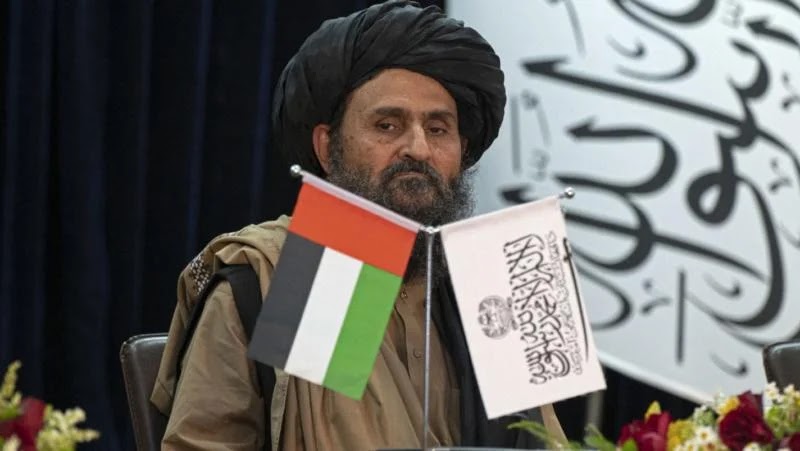Washington now relies only on its drones to carry out the war against the Islamic extremist organisations that drove it to invade the country 21 years ago, one year after US forces withdrew from Afghanistan.
But according to experts, that won't be sufficient to fend off the rebirth of Al-Qaeda or its jihadist rival Islamic State inside the nation, which is once again ruled by the Islamist Taliban.
On October 7, 2011, US soldiers invaded Afghanistan to depose the Taliban regime for its support of Al-Qaeda and its leader Osama bin Laden, who was responsible for the September 11 attacks on the United States.
President Joe Biden vowed that the US military and intelligence services would be able to continue the assault on the two jihadist groups through "over-the-horizon" operations in response to criticism of the decision to halt the US military presence in the nation.
That was a reference to the US military and CIA's capability to monitor the nation using unmanned aircraft that can fly at high altitudes and be operated from a distance. When necessary, they can also use drones to attack targets, as they did on July 31 when they launched two rockets that killed Al-Qaeda leader Ayman al-Zawahiri in his Kabul home.
But besides that, there are few signs that the over-the-horizon approach can prevent the jihadists from reestablishing Afghanistan as a base from which to carry out attacks around the globe, as Al-Qaeda did up to 2001.
For retired general Frank McKenzie, who as commander of the US Central Command oversaw the operations in Afghanistan through last year’s pullout, the presence of Zawahiri in Taliban-controlled Kabul illustrates how hard it is to fight the Islamic extremists without a US presence on the ground there.
“I’ve said publicly in testimony that counterterrorism operations from over the horizon in Afghanistan would be very hard but not impossible,” McKenzie told the BBC in a recent interview.
“We are going to have to continue to apply pressure, and that’s going to be very difficult,” he said.
– Not safer after withdrawal –
McKenzie’s predecessor at Central Command, retired general Joseph Votel, said the Zawahiri strike shows that the US does have the capability to pressure Qaeda and Islamic State from outside Afghanistan.
Nevertheless, he told the Voice of America, “I think that we’re not in a safer place.”
“Whether we find ourselves back in Afghanistan, like we found ourselves back in Iraq just literally three-plus years after we left, I don’t know. I hope not,” he said.
“But I think we have to be prepared for that.”
The Pentagon maintains that it does not share those worries.
“At this stage, it would be our assessment that in terms of external planning, operations external to Afghanistan, I think we are in a safe situation,” said the Pentagon spokesman Brigadier General Pat Ryder.
“We absolutely have the means to respond wherever and whenever we need, around the world, to any counterterrorism threat,” he said.
Without forces inside Afghanistan, Ryder said, it is “more of a challenge,” but it is “not something that is insurmountable,” he said.
Under Secretary of Defense Colin Kahl said that US intelligence believes both Al-Qaeda and Islamic State’s Afghanistan arm intend to undertake external attacks, including against the United States, but currently lack the capacity to do so.
However, he told Congress, Islamic State could developed that capability “in somewhere between 6 or 12 months.”
Doug London, a former official at the CIA, which is believed to have executed the Zawahiri strike, “America neglects Afghanistan at its peril.”
London, now a professor at Georgetown University, wrote on the Just Security website that instead of relying wholly on the over-the-horizon drone strategy, Washington needs to communicate more directly with the Taliban.
“There is always something to gain being on the ground and talking to your adversaries, regardless of their intentions,” he said.



